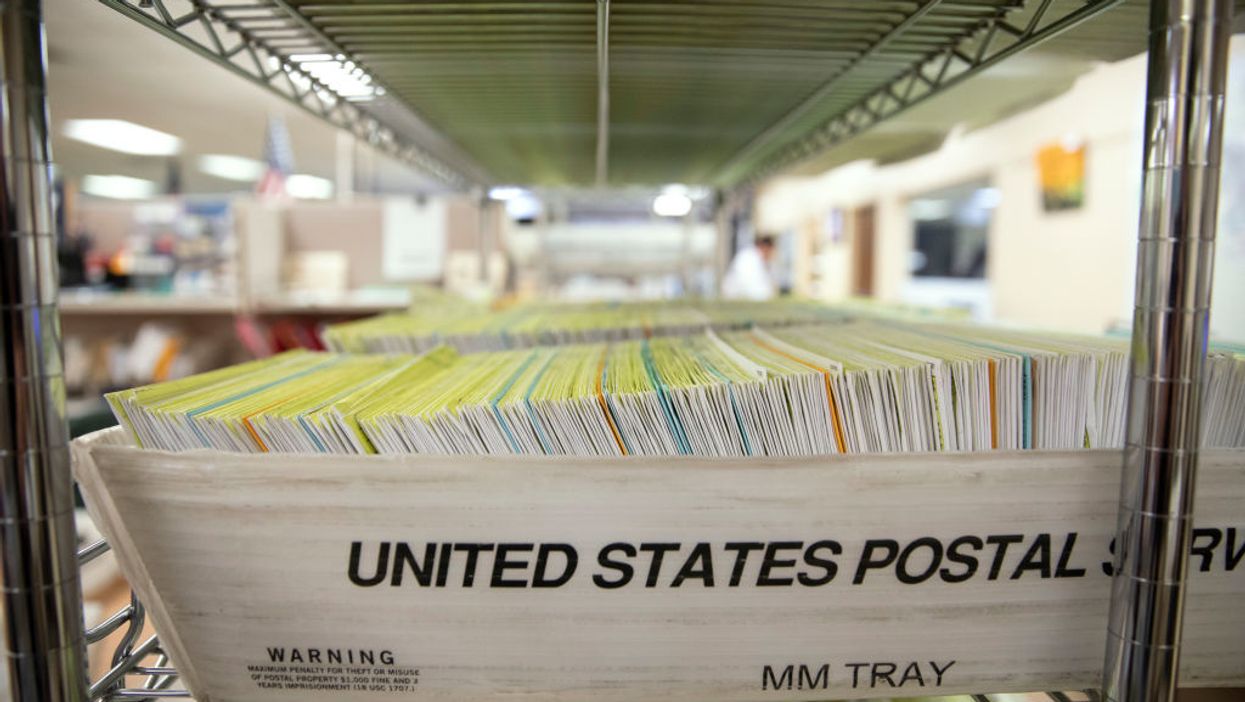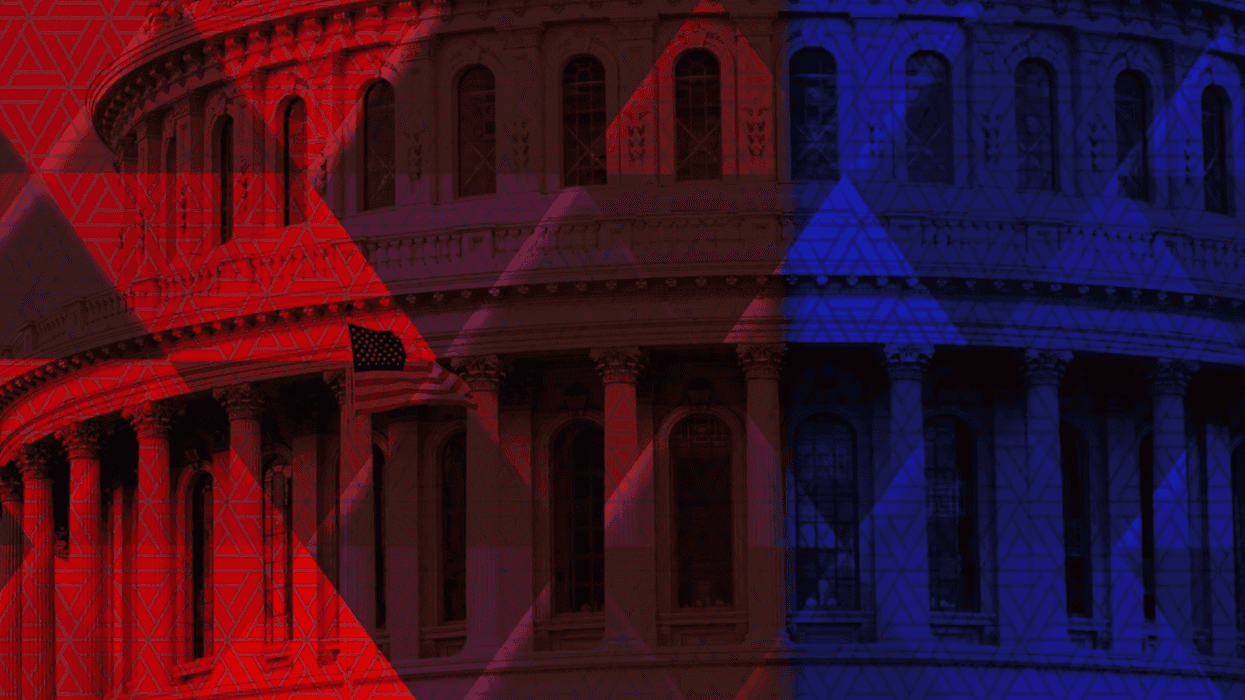State by state, the future of absentee ballots — who may cast them, when they're due and what other obstacles should be lowered — continues to be the dominant story about how well the democratic process is prepared to meet the coronavirus pandemic.
Monday brought the latest federal lawsuits challenging restrictions to voting by mail — in both Indiana and Florida, the most populous swing state — but also a significant legal victory in Oklahoma for those hoping to expand voting from home.
The cumulative impact of the increasingly partisan debate nationwide, with Democrats vigorously pushing vote-by-mail and Republicans largely resisting it, will be central to determining how many people vote this year despite the public health crisis. This is vitally important not only in the presidential contest, where turnout could be the deciding factor, but also in the 46 states with primaries to come because so many were delayed in the face of stay-at-home restrictions.
These are the details of the latest developments:
Florida
The new lawsuit seeks to compel the state to pick up the postage costs for returning mail ballots, to lift the ban on paying people to collect and deliver the ballots of others, and to count ballots postmarked by Election Day so long as they arrive within 10 days. (As in most states, Florida now requires mailed ballots to get back to election offices before the polls close.)
The suit argues that requiring postage for people to vote by mail is tantamount to an unconstitutional poll tax and says it's against the First Amendment and a violation of the Voting Rights Act for the state to ban political organizations from paying vote-by-mail helpers.
The suit was filed by Priorities USA, a progressive advocacy group, along with the Florida Alliance for Retired Americans and Alianza for Progress. Among the attorneys is Marc Elias, whose firm, Perkins Coie, is pursuing voting rights litigation in 16 states, including almost all the ones that look like potential presidential battlegrounds.
Florida's 29 electoral votes are the biggest cache that both President Trump and former Vice President Joe Biden have on their realistic wish lists. But before that are several intense races for congressional and legislative nominations in the Aug. 18 primary.
Indiana
The congressional, legislative and presidential primaries have been delayed four weeks, to June 2, and the state has already announced that anyone may vote by mail then because of the Covid-19 outbreak. But a suit filed last week and amended Monday is seeking to make that universal availability of absentee ballots apply to the general election in November.
Filed by Indiana Vote by Mail Inc. and several individual voters, the litigation maintains the limited list of permissible reasons for qualifying for an absentee ballot under state law violates the equal protection clause of the 14th Amendment. The updated complaint argues that one of the available excuses — being older than 65 — amounts to unconstitutional age discrimination.
Oklahoma
The state Supreme Court struck down a requirement that absentee ballots be notarized. The order blocks the state Election Board from issuing materials telling voters their ballots must have a notary's stamp and signature — making it easier to vote by mail in congressional and legislative nominating contests June 30.
The court said a signed statement by the voter is enough to validate the absentee ballot.
The League of Women Voters had sued the board over the requirement, arguing that it would create a major obstacle to voting in light of the pandemic. Proponents of the requirement argued it was necessary to prevent fraud and in line with Oklahoma's voter ID requirement for people who vote in person.





















